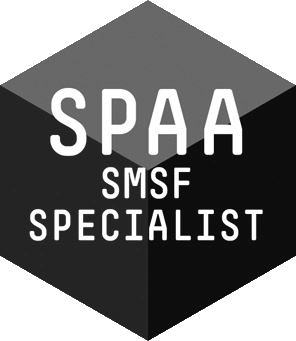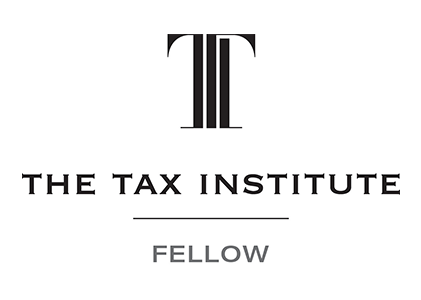As the End of Financial Year (EOFY) approaches on 30 June, it's the perfect time to take stock of your finances and ensure you're set up to maximise your tax return. Whether you're a salaried employee, self-employed, or running a small business, these smart strategies can help you keep more money in your pocket.
1. Organise Your Records Early
Avoid the last-minute scramble by gathering:
- PAYG payment summaries
- Receipts for work-related expenses
- Health insurance details
- Investment income and expenses
- Contributions to superannuation
Using a tax agent? They can access much of your income info through the ATO’s pre-fill service from mid-July, but having your own documents helps avoid mistakes.
2. Claim All Legitimate Deductions
You're entitled to claim deductions for expenses directly related to earning your income. Common deductions include:
- Home office expenses (internet, electricity, equipment)
- Work-related car and travel costs
- Uniforms and protective clothing
- Subscriptions and union fees
- Education and professional development
Tip: Keep a logbook or use the ATO app to track mileage and expenses throughout the year
3. Make the Most of Super Contributions
Consider topping up your super with personal concessional contributions before 30 June. You may be eligible to claim a deduction, and the tax rate on super contributions (15%) is usually lower than your marginal tax rate.
- Cap: $27,500 (including employer contributions) for 2024–25
- Catch-up contributions: If you didn’t use your full cap in previous years, you might be able to carry it forward.
4. Prepay Expenses
If you have the cash flow, prepaying some expenses for the next financial year can bring forward deductions. This can include:
- Work-related subscriptions
- Professional memberships
- Investment property costs (interest, insurance, maintenance)
This strategy works best if you're expecting a lower income next year
5. Offset Capital Gains with Losses
If you've sold shares or a property at a profit, offset those gains by selling underperforming assets before EOFY to realise capital losses.
Note: Losses must be realised (i.e. sold) before 30 June to be effective for this year.\
6. Use Tax Offsets and Rebates
Depending on your income and circumstances, you may qualify for:
- Low and middle-income tax offset (LMITO)
- Private health insurance rebate
- Spouse or dependent tax offsets
Check eligibility annually, as rules can change.
7. Consider Using a Registered Tax Agent
Tax agents know the ins and outs of deductions and can help you:
- Avoid missing out on deductions
- Reduce the risk of ATO audits
- Access extended lodgment deadlines
Make sure your agent is registered with the Tax Practitioners Board.
8. Avoid Common Mistakes
- Over-claiming deductions without records
- Claiming personal expenses as work-related
- Not reporting all income (e.g. side hustles, crypto, Airbnb)
- Not keeping receipts for 5 years (in case of ATO audit
Final Thoughts
EOFY is more than just tax time—it's a chance to reset and plan smarter for the year ahead. By being proactive, understanding your entitlements, and making the most of available strategies, you can legally reduce your tax bill and boost your return.
Tip: Don’t wait until June 30. Start your tax planning now and speak with a qualified advisor if you need tailored advice.
Our Management Credentials




